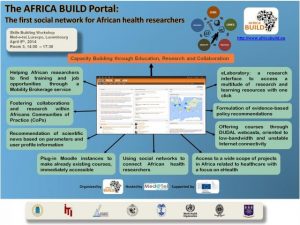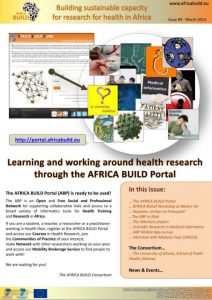We have been working on the identification and extraction of DNA sequences and automated database population. Data reported in the biomedical literature are an aid for primer and probe design for microorganism identification, genotyping and gene expression studies. Unfortunately, there are only a few online databases established as repositories for empirically validated primer and probe sequences.
Thus, we created an original method for automatically detecting and extracting infectious disease-related primer and probe sequences from scientific papers, applied to all the PubMed Central repository. The data obtained from the manuscripts were then fed into the PubDNA finder database, the first public online resource linking scientific papers to sequences of nucleic acids.
The need for an updated list of resources is increasing critically. In Biomedical Informatics Group, we have created an innovative system that allows to automatically discover, retrieve and index bioinformatics resources. BioInformatics Resource Inventory (BIRI) has been developed and is maintained in an automated manner, based on existing articles in «ISI Web of Knowledge» and «Pubmed«, using techniques of natural language processing and «Text Mining«.
Philosophy of Science
Based on the classical works of Kuhn, Lakatos and Popper on the Philosophy of Science has analyzed the basic foundations of disciplines such as Medical Informatics and Bioinformatics. Over the recent years there have been ample discussions and have been published numerous articles on the scientific basis of these two disciplines to find areas to establish new plans of I+D and identify the main challenges to achieve. In this sence, the Philosophy of Science provides an effective method for this type of analysis.
Below is the outline of the interaction between medical informatics and bioinformatics proposed by Kulikowski and Maojo in 2003:
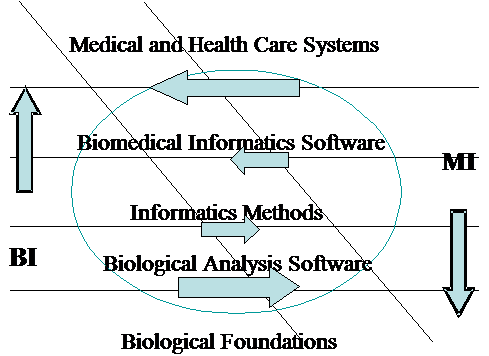
Related Projects

The main objective is to catalogue existing genotype and phenotype data resources and to map the projections for the future development of these resources world-wide. More...
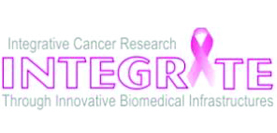
INTEGRATE aims to build solutions that support a large and multidisciplinary biomedical community to collaborate, share ... More...

Semantic interoperability among EHR and Clinical Trial systems is at the core of the project, as it is the base for enabling many of the software services and tools. More...
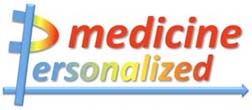
In p-medicine 19 partners from 9 European countries and Japan have dedicated themselves to create support and sustain new knowledge and technologies to overcome current problems in clinical research. More...
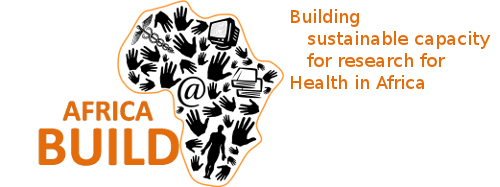
The main objective of the project is the creation of centres of excellence to promote health research, education and practice in Africa. The creation of these centres will be based on four main pillars: e-learning, knowledge sharing, "know-how" and information technologies. More...

The main goal of the project is to promote the investigation and create a research community among Latin America and the Iberian Peninsula countries. Exchanging knowledge and techniques using collaborative methods is a great advantage in the participation and development in different projects. More...

INBIOMED is a Thematic Network for Cooperative Research in Biomedical Informatics. Storage, integration, and medical, genetic, epidemologic and image oriented data analysis aimed at pathology research. More...

There is a great potential for synergy between Bioinformatics (BI) and Medical Informatics (MI) with a view on continuity and individualisation of healthcare. More...

OntoMineBase
OntoMineBase project has two main goals: To standardize database information in order to improve the processes of Data Mining; To research and develop new methods of information retrieval. Both suggest the use of ontologies for the search process improvement, integration, More...

Nanoinformatics
Automated method to generate repositories of bionanoinformatics resources and toxic secondary effects of nanoparticles and classify them for their application in clinical trials in nanomedicine. During the last years Web-based repositories of bioinformatics resources have been built to facilitate their access to researchers of the area. More...
Related News

David Rubio y David Pérez del Grupo de Informática Biomédica presentan su trabajo en LOINC Conference 2022
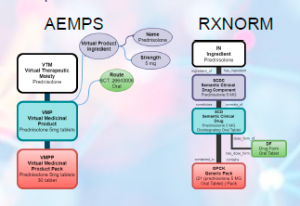
Gema Hernández Ibarburu Premio al mejor Póster en el XXIV Congreso Nacional de Informática de la Salud, INFORSALUD’21
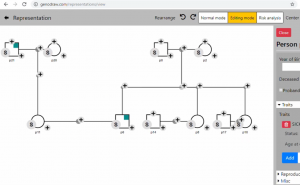
Nuevo artículo publicado en AMIA 2019
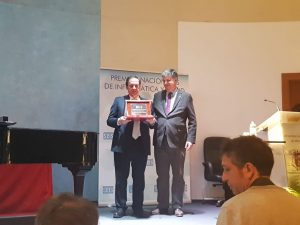
Víctor Maojo García (Director del GIB) Premio Nacional Informática y Salud 2018

Master Class with Professor Casimir Kulikowski, pioneer of Artificial Intelligence

Víctor Maojo receives recognition as a founding member of the IAHSI
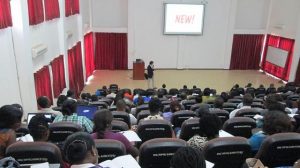
Seminar on E-learning on a global scale: Massive Open Online Courses (MOOCs) by Dr. Rafael Ruiz de Castaneda

Development of an AFRICA BUILD course on Biostatistics by Dr Samuel Bosomprah
